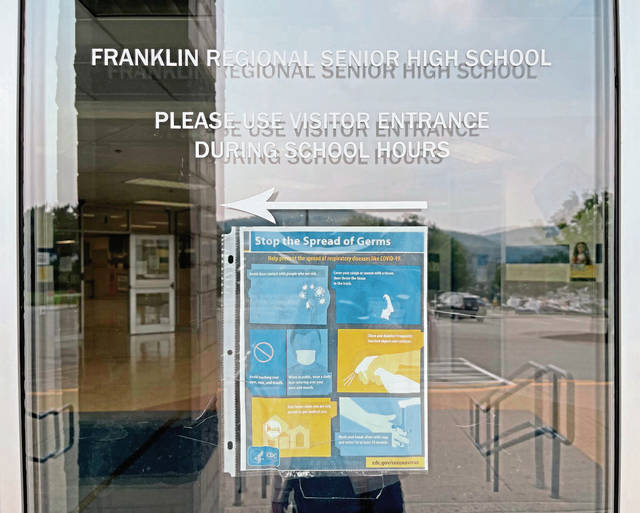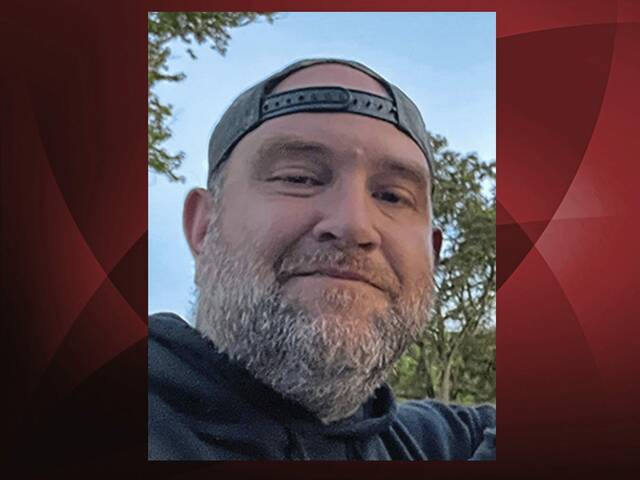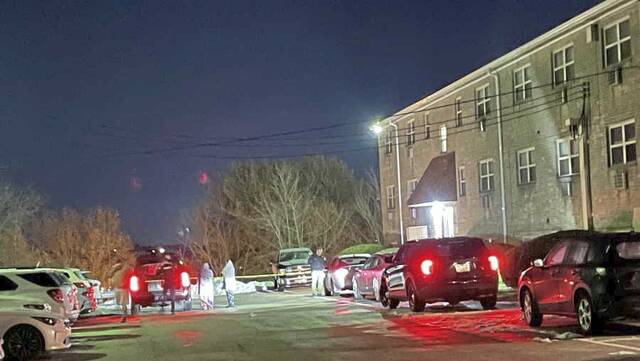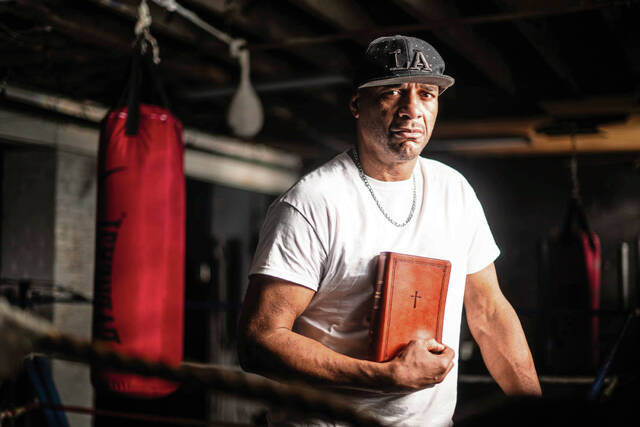An attorney representing a group of parents in the Franklin Regional School District sent the superintendent and board of directors a letter this week threatening litigation if masking is not made mandatory.
It is one of many lawsuits being considered by parents on both sides of what has become a hot-button political issue across Pennsylvania. Similar legal challenges are playing out across the country.
“All of the litigation over the last year: emergency business shutdowns, mask mandates, vaccine mandates. I think we’re going to continue to see more litigation and continue to see new laws being made because of the novel coronavirus,” said Jerry Dickinson, a constitutional law professor at the University of Pittsburgh.
This week, a North Allegheny School District student filed a federal lawsuit seeking to make masks mandatory to try to stem the spread of covid-19, which has seen a resurgence in recent weeks with the delta variant. The judge in that case heard arguments Monday and ruled in favor of the student, granting a preliminary injunction to require masks, which took effect Tuesday.
In that case, the judge found that the North Allegheny School Board failed to follow due process when it said in mid-August that masks should be optional.
But in the possible litigation at Franklin Regional, attorney Jason Piatt cited the state-created danger doctrine as grounds for the parents’ lawsuit.
Franklin Regional, the letter said, sought guidance on whether to require masks from local physicians, the American Academy of Pediatrics and Centers for Disease Control and Prevention, all which recommended universal masking for in-person schooling.
“You should be aware that ignoring such expert opinions for the sake of political expediency will result in legal liability for your decisions,” Piatt wrote. “Ignoring competent, expert medical opinions that clearly state that masks should be worn indoors by all persons in close physical proximity, particularly the hundreds of unvaccinated children in your district, puts children and adults at risk for serious illness or death.”
Under the danger doctrine, Piatt said, the plaintiffs must prove only that the harm they suffered was foreseeable and fairly direct; that the state actor acted with a “degree of culpability that shocks the conscience”; that a relationship existed for the state to recognize the plaintiff was a possible victim; and the state actor used their authority to create a danger, or rendered the victim more vulnerable than if the state had not acted at all.
Attorney Gary Matta, solicitor for the Murrysville-based school district, did not comment specifically on the letter.
“I don’t think there’s anyone who doesn’t think this needs to be a decision made at the state level. I don’t know why the governor has waited this long. It’s not right. He should make a decision, let the Legislature act, and where the cards fall, they fall. But I don’t think it should be piecemeal. I don’t think it should be a decision each school board is making,” Matta said. “A district puts in a mandate, they get a letter saying they’ll be sued. A district says they’re making masks optional, they get a letter saying they’ll be sued. The experts are in the health departments. All of our (firm’s) districts are following CDC regulations, even if they are saying parents have a choice.
“If this is going to be a decision, it should be coming from the state, the Legislature or state and local health departments.”
Dickinson said that the state-created danger doctrine is unusual in that there is no U.S. Supreme Court precedent for it and it is rarely used. He has not seen it cited previously in the context of covid-19 and masks.
Typically, the doctrine is cited by plaintiffs with a common theme, Dickinson said: “They almost all originate from very tragic and disturbing sets of facts.”
“It is a difficult standard to meet and prove,” Dickinson said. “In Pennsylvania, federal courts have been pretty consistent that some alleged failure to do something by the state, typically, will not be enough for a state-related danger claim.”
In Quaker Valley, a group of parents on the opposite side of the issue — they oppose mandatory masking there — has had an attorney send a letter to the local board and administration, said Lori Cunningham, who has three grandchildren in the district.
“We are just advocating for a choice, not control,” she said. “We’re not saying other people can’t put a mask on their kid.”
Earlier in the summer, Quaker Valley officials said the plan was for masking to be optional, but, on Aug. 17, the board voted to make them mandatory.
Cunningham said district officials cited the delta variant and increasing numbers of cases as the reason. She wasn’t swayed.
“Next month, it will be the summa cum laude variant — the Greek alphabet,” she said. “We refuse to be afraid, and we refuse to be controlled.”
Mark DiRocco, executive director of the Pennsylvania Association of School Administrators, said the masking issue has made educating students more difficult.
“You have 10 people — the superintendent and school board members — trying to make decisions in the best interest of their kids and staff and, hopefully, communities,” DiRocco said.
They are being put under incredible pressure, he said, with dozens to hundreds of angry people showing up at their board meetings.
“The anger and vitriol coming out of these school board meetings is counterproductive to educating kids,” DiRocco said. “It has taken so much time and energy away from the opening of schools, and it’s going to have a negative effect on instructional programming.”
Gov. Tom Wolf on Wednesday asked the Legislature to mandate masks in classrooms.
Some districts are trying to balance both sides — requiring masks for students in kindergarten up to eighth grade who cannot be vaccinated because they are too young, but not requiring them in middle and high school.
“They’re trying to find a sweet spot that most of the people in the community find to be reasonable,” DiRocco said.
He wishes the issue were not political.
“I think the thing that’s been clouding it is misinformation on social media alleging potential harm masking can cause,” he said. “Experts have said there is little risk to students wearing masks and high levels of protection against the virus if they do.”
Based on the political divide, he said, you have one-third to one-half of every community angry.
“I just wish more community members would understand public education is designed for the common good of all students, and the community as a whole,” DiRocco said. “Not everyone is going to get what they want.”








